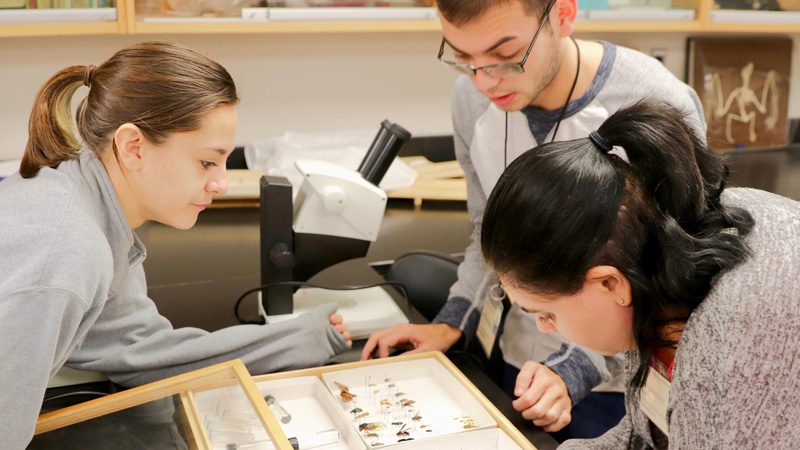
Statistics 4+1 (B.S. + M.S.)

About our program
Our 4+1 program allows students to complete both their Bachelors and Masters in Statistics at UD in only five years.
Statistics is a high-demand field that provides skills for students in data analysis, statistical computing and quantitative reasoning. Statisticians are employed everywhere from finance and pharmaceuticals to gaming and agriculture. According to U.S. News & World Report, statistician is a Top Ten Best Business Job. The 4+1 gives students a jumpstart on the job market with advanced skills and expertise.
Why our 4+1?
The 4+1 statistics program is an opportunity to earn two degrees, have the possibility to gain valuable internship experience, and be ahead of the competition on the job market. Every industry has increasing amounts of data and needs people who know how to meaningfully analyze that data to help make better decisions. You will gain a set of tools across an array of statistical approaches including regression analysis, time series analysis, survival analysis, in addition to experience with Python, SAS, R and other statistical software packages. With these skills, UD prepares graduates for job market success in nearly any field.
Uniqueness
Throughout your time in the UD 4+1 Statistics program, we provide opportunities to apply your newly acquired skills to real-world problems and applications. Assist researchers across campus in our StatLab. Analyze sports analytics through our partnership with UD Athletics. Take advantage of our department’s close relationships with local companies, including Barclays Bank, J.P. Morgan Chase, FMC and Sallie Mae, where we place students to gain meaningful internship experience. Given UD’s friendly faculty-to-student ratio, build a close relationship with your faculty mentor, who will prepare you for your desired career.
Course highlights
Related student organizations

APPLY NOW
Associate Director, CANR Undergraduate Recruitment


